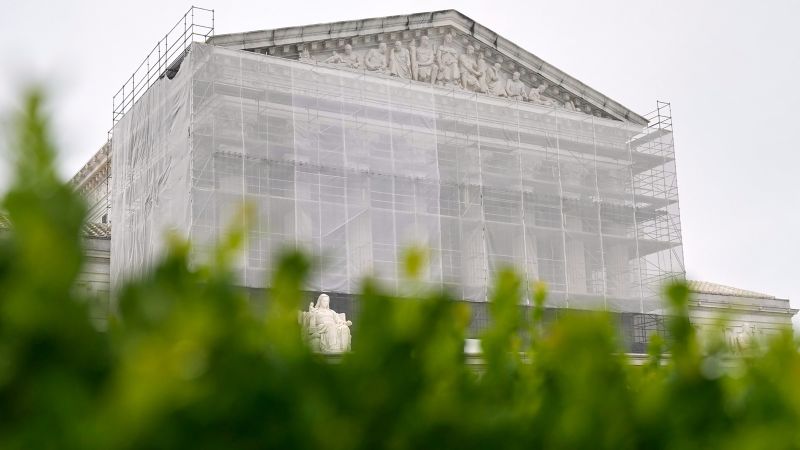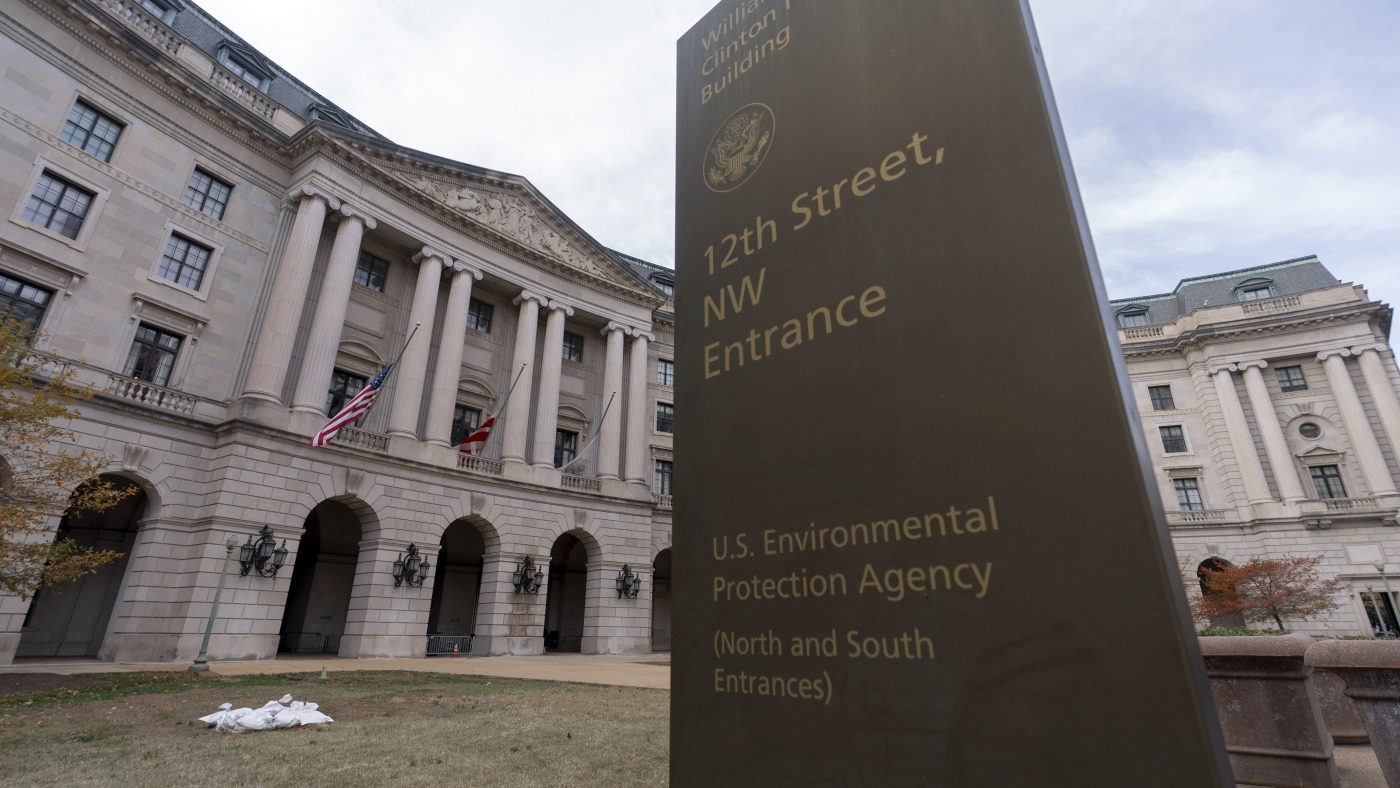T4K3.news
Supreme Court decision changes pornography regulations
The Court upheld a Texas anti-pornography law impacting adult privacy and free speech.

The Supreme Court's recent ruling has significant implications for privacy and free speech.
Supreme Court decision on pornography changes the landscape
The Supreme Court upheld a Texas anti-pornography law that echoes a federal law it previously overruled. In the case of Free Speech Coalition v. Paxton, Justice Clarence Thomas argues that advancements in technology now allow better age verification on pornographic websites. This ruling shifts the legal landscape, allowing states more power to regulate adult access to pornography. The justices' decision raises important questions about the balance between protecting minors and adult rights, especially concerning privacy.
Key Takeaways
"The use of pornography has always been the subject of social stigma."
Justice Thomas dismisses the relevance of privacy in viewing pornography.
"Could a state require everyone who wants to look at a pornographic video to submit their names?"
This reflects the potential overreach of state regulation according to the ruling.
"The era when the courts struck down nearly all laws regulating sexual speech is over."
This signals a new chapter for legal interactions with sexual content.
"If Texas wants to apply this law to Pornhub, some judge will have to watch the content to determine its value."
Challenging judges to uphold a subjective legal standard speaks to the absurdity of the ruling.
This ruling marks a significant turning point in free speech and privacy issues related to pornography. It indicates a pivot toward stricter regulations under the guise of protecting children, which could lead to greater government oversight in personal online behavior. By downgrading the scrutiny applied to such laws, the Court hints at a future where privacy matters less when it comes to adult choices. Judges faced with interpreting these laws may find themselves in unexpected and uncomfortable positions when determining what is deemed acceptable.
Highlights
- This ruling changes the game for free speech and privacy.
- Adults' right to privacy is now overshadowed by regulatory powers.
- Judges may find themselves watching porn to make legal decisions.
- The government is stepping into personal decisions about sexuality.
New risks in privacy and speech rights
The ruling creates potential backlash as it erodes privacy rights for adult users of pornography. This shift could lead to heightened scrutiny and regulation of personal behaviors online.
The implications of this ruling will likely unfold in the coming months as states react.
Enjoyed this? Let your friends know!
Related News

Texas age verification law upheld by Supreme Court

Supreme Court to hear Texas law on porn site age verification

Supreme Court to review age verification laws affecting Pornhub access

Rachel Reeves considers intervention in car finance ruling

Supreme Court rules in favor of Delta over Uber

Trump administration files to revoke EPA greenhouse gas finding

Supreme Court rules against car finance motorists
Trump reshapes government using emergency appeals
